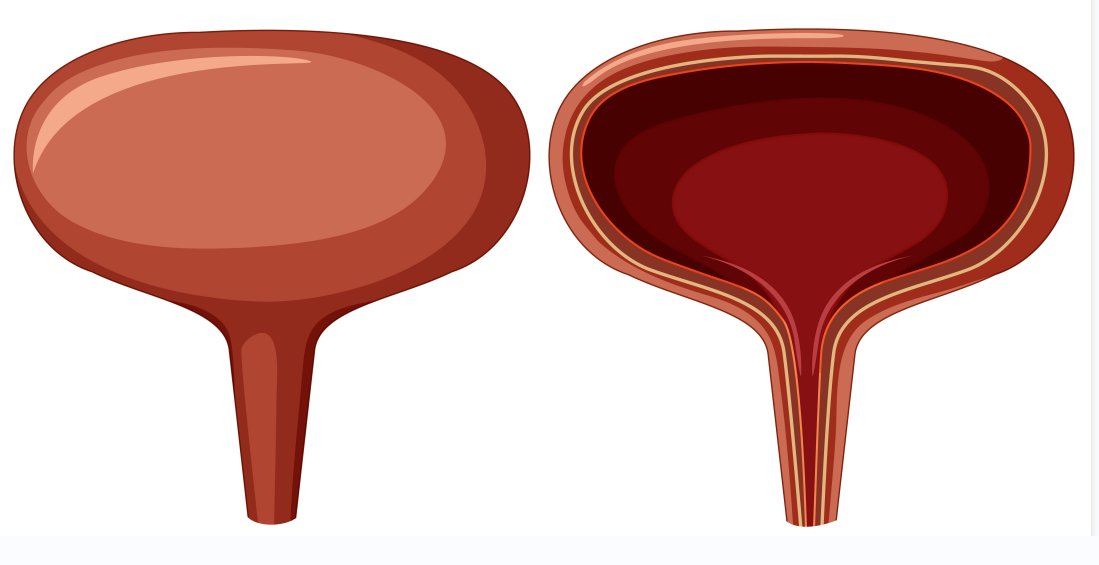Overactive Bladder: Causes, Symptoms, and Management
Overview
Overactive bladder (OAB) is a common condition characterized by a frequent and sudden urge to urinate, often difficult to control. People with OAB may experience unintentional loss of urine, a condition known as urgency incontinence. This disruptive condition can impact daily life, causing embarrassment, social isolation, and limitations in work and social activities.
Symptoms
If you suspect you have an overactive bladder, watch out for the following symptoms:
- Sudden Urge to Urinate: You feel an urgent need to urinate, which can be challenging to control.
- Urgency Incontinence: Unintentional loss of urine immediately after feeling the urge to urinate.
- Frequent Urination: You may need to urinate eight or more times within a 24-hour period.
- Nocturia: Waking up more than twice during the night to urinate.
Causes
Several factors contribute to overactive bladder:
- Abdominal Trauma: Injury to the abdominal area can affect bladder function.
- Infection: Urinary tract infections (UTIs) can irritate the bladder.
- Nerve Damage: Conditions like diabetes or spinal cord injuries can disrupt nerve signals to the bladder.
- Medications: Certain drugs may increase bladder activity.
- Fluids: Consuming specific fluids (such as caffeine or alcohol) can exacerbate OAB symptoms.
Behavioral Strategies
You can manage OAB symptoms with simple behavioral changes:
- Dietary Modifications:
- Avoid alcohol, caffeine, and acidic foods (like tomatoes and grapefruit).
- Increase fiber intake to prevent constipation.
- Limit fluid intake before bedtime (approximately 2 liters per day).
- Timed Voiding:
- Learn to lengthen the time between urges to use the toilet.
- Scheduled toilet trips can help regulate bladder function.
- Pelvic Floor Muscle Exercises (Kegel Exercises):
- Strengthening these muscles can improve bladder control.
- Support Pessaries (for Women):
- These devices provide support to the pelvic organs and may alleviate symptoms.
Seeking Medical Help
Although OAB is more common among older adults, it is not an inevitable part of aging. If your symptoms distress you or disrupt your life, consider seeking medical advice. Treatments are available to help manage OAB effectively.
When to See a Doctor
- If you experience distressing symptoms related to OAB.
- If OAB affects your daily activities and social interactions.
- If you notice urine leakage during sleep.
Remember, you don’t have to suffer silently. Consult a healthcare professional to explore treatment options and regain control over your bladder health.
For more information, visit the following reputable sources:


